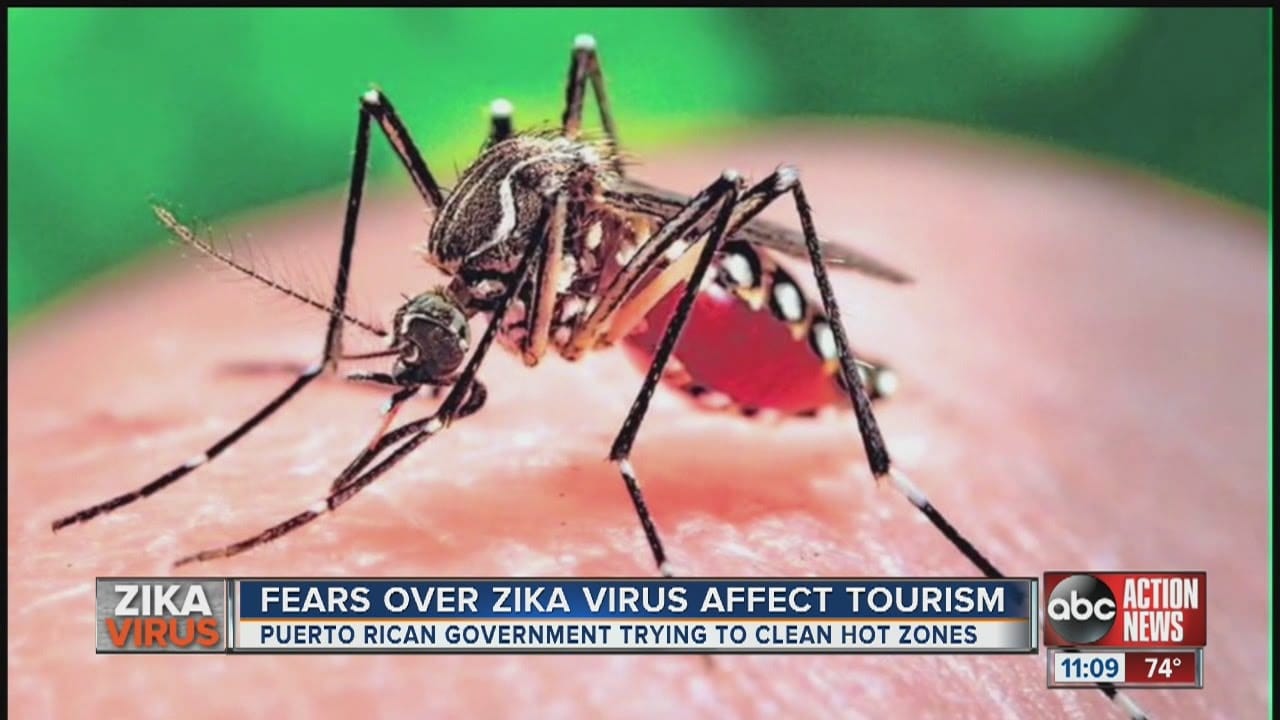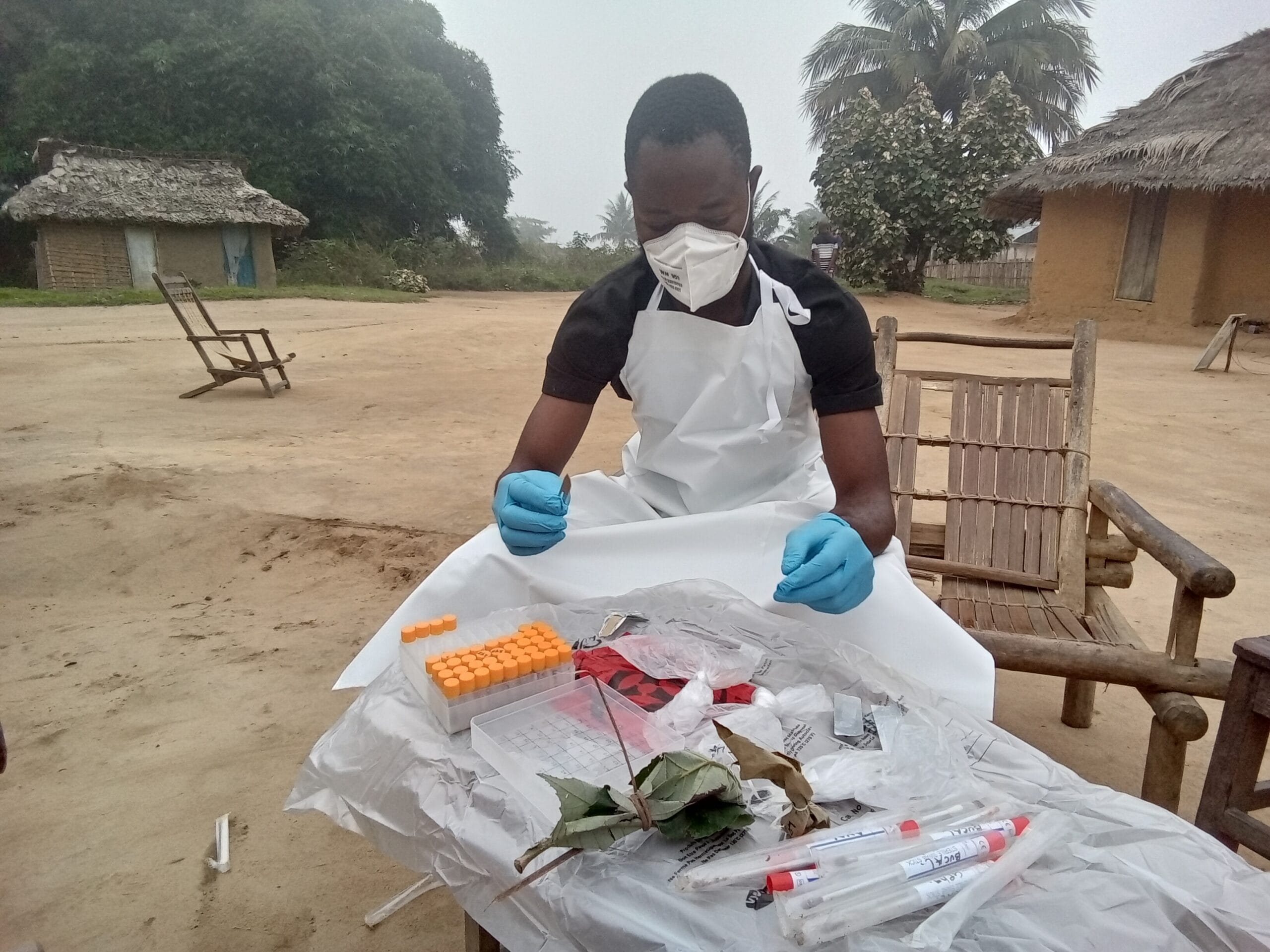In a concerning development for travelers and public health officials alike, the Zika virus has made a notable comeback in one of the most frequented tourist destinations in the United States. The latest reports indicate that there has been an uptick in Zika cases, leading to renewed warnings from health authorities. This resurgence is triggering alarms not only for public health departments but also for tourism operators and visitors alike, raising questions about safety and preventative measures during an ongoing travel season.
Zika virus, initially identified in 1947, gained worldwide attention during the 2015 outbreak in Brazil, which led to serious complications related to pregnancy and neurological disorders. While the virus predominantly spreads through the bite of an infected Aedes mosquito, it can also be transmitted through sexual contact. Symptoms, often mild or absent, can include fever, rash, joint pain, and conjunctivitis. However, the potential implications for pregnant women and their babies remain a driving concern, especially given the association between Zika infection and birth defects such as microcephaly.
The Centers for Disease Control and Prevention (CDC) began tracking this latest surge of Zika cases in the designated tourist area after laboratory confirmations indicated multiple infections. Health officials are working diligently to gather data and provide insights into how widespread the virus may be. As of now, the CDC has recommended that travelers to this region take measures to prevent mosquito bites, including the use of insect repellent containing DEET, wearing long-sleeved shirts and long pants, and utilizing screens or nets where possible.
Amidst this backdrop, the tourism industry faces implications as it grapples with visitor concerns about safety and health. As health advisories are disseminated, local businesses may experience fluctuations in tourist footfall. Resort managers and local vendors are being urged to communicate effectively with tourists, clarifying that while the risk exists, the local health departments are actively addressing the situation. The focus remains on ensuring that visitors maintain an enjoyable experience while also prioritizing their health and well-being.
State health agencies are stepping up their initiatives by launching educational campaigns aimed at informing both locals and tourists about Zika virus prevention. These programs include informational sessions that emphasize the importance of mosquito control, encouraging residents to eliminate standing water and to take preventive measures. Community workshops are also underway to equip residents with the knowledge needed to protect themselves and their surroundings.
Travelers planning to visit this impacted region are encouraged to remain informed about the situation as health alerts are updated. Many are turning to travel forums and consult local health websites to stay apprised of the latest information. As a precaution, pregnant women or those trying to conceive are being advised to reconsider travel plans to the area until the outbreak is fully contained and further information is obtained.
In anticipation of the potential effects on tourism, local health authorities are closely monitoring mosquito populations and implementing vector control strategies as needed. A systematic response is essential in preventing the spread of the virus, particularly as the summer months often see increased mosquito activity due to the warmer weather. Officials are deploying teams to target breeding grounds and to conduct spraying operations in areas that report a higher concentration of mosquito activity.
While the re-emergence of the Zika virus poses challenges, health officials remind the public that by adhering to recommended precautions, the risks can be significantly mitigated. Vaccination for Zika is not currently available, and collective action is required to manage and control the outbreak. Everyone is urged to take personal responsibility as well, fostering a culture of awareness and preventative action in both local and visiting communities.
As further reports come in about the virus, the emphasis remains on transparency and communication. Researchers continue to study the patterns of Zika transmission while aiming to unravel any underlying factors contributing to its resurgence. In a world connected by travel, such outbreaks make evident the necessity for enhanced surveillance, timely responses, and ongoing education regarding mosquito-borne diseases.
In conclusion, the recent emergence of Zika virus cases in this tourist destination serves as a stark reminder of the dangers posed by vector-borne diseases. As health agencies work to navigate this situation, tourists and locals alike are called to act prudently, embracing preventive measures while also remaining vigilant. The response not only has implications for health but also significantly affects the vibrancy of community life, tourism, and economic conditions in the area. Collaboration between health officials and the public will be crucial in overcoming this current challenge and ensuring the safety of all who visit.



